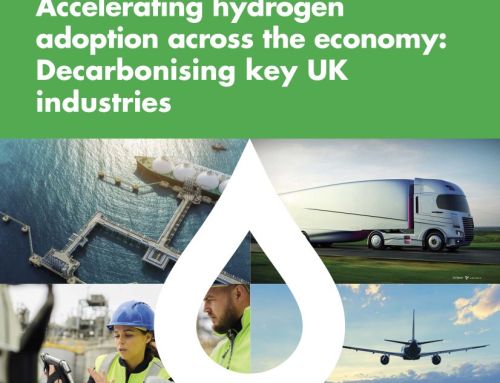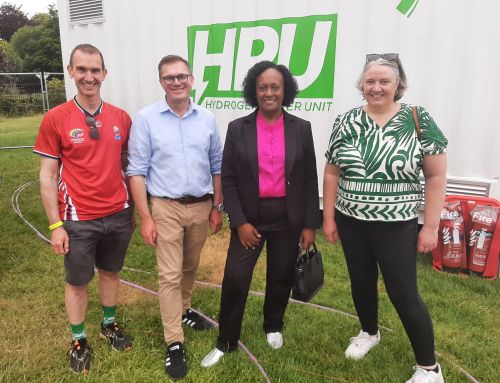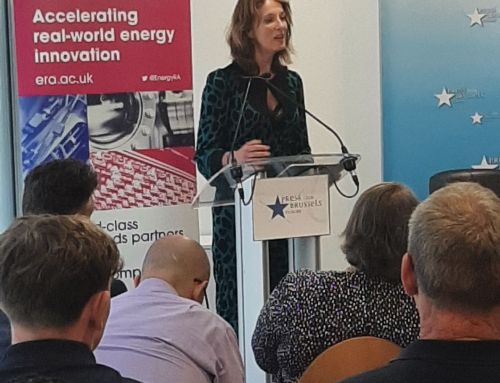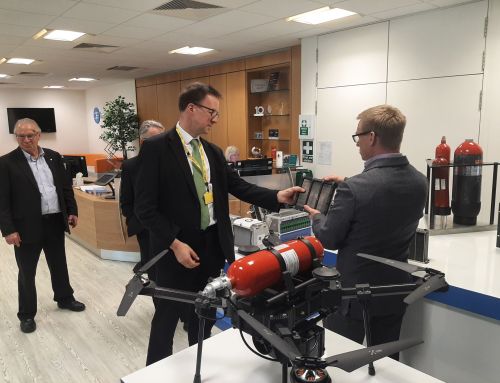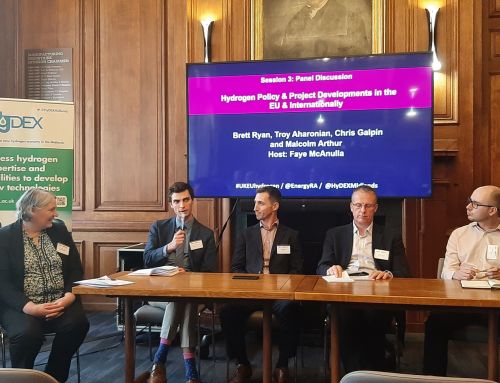Putting the Midlands at the forefront of energy from waste technologies
Putting the Midlands at the forefront of energy from waste technologies
As the world's population rises rapidly, the demand for energy is growing significantly. At the same time, the issue of managing the growing waste problem caused by the population increase urgently needs to be addressed. …
19 May 2020
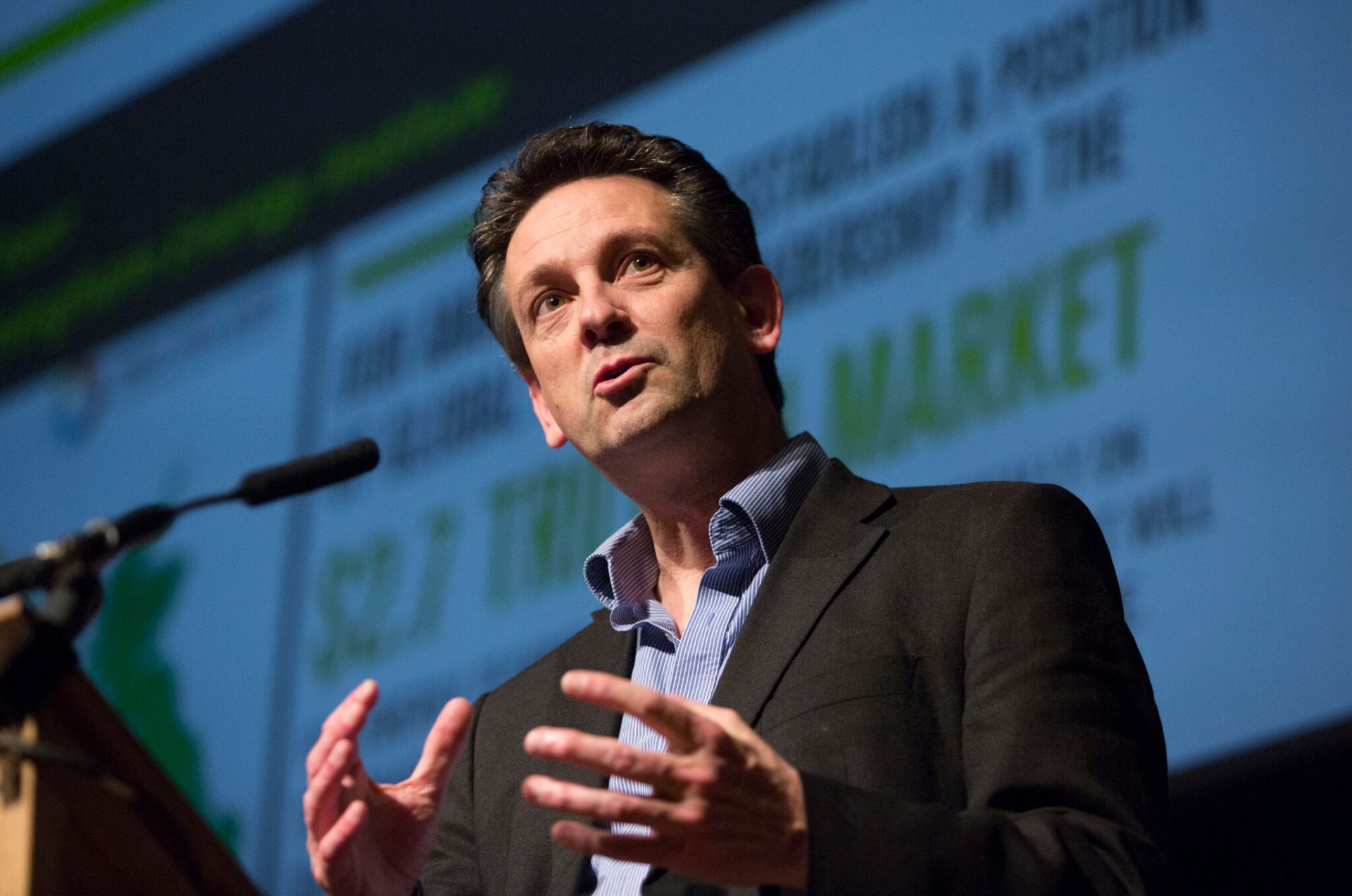
Putting the Midlands at the Forefront of Waste to Energy Technologies
As the world’s population rises exponentially, the demand for energy is growing significantly. At the same time, the issue of managing the growing waste problem caused by the population increase urgently needs to be addressed. The Midlands is at the forefront of energy from waste technologies, and in this thought piece, Professor Martin Freer explores the issues and the possible solutions.
The excesses of the 20th Century have left a raft of issues that need to be urgently addressed. The growth in the global population from two billion in the early 1900s by over a factor of three to the present day, a rise in global energy consumption over the same period from 10,000 Terawatt Hours (TWh) to above 140,000 TWh, and atmospheric concentrations of CO2 rising from 300 parts per million to over 400 ppm, have all left their mark. It is essential to use existing resources more prudently, be more efficient and dramatically reduce greenhouse gas and other emissions.
From the UK perspective the decarbonisation and clean air agendas are driving a move towards electric and hydrogen transport and electrification of heat. The introduction of a landfill tax, which now is over £90 per tonne, and the move by countries such as China to restrict waste imports (in 2015, the UK exported 14 million tonnes of waste) equally are requiring a rethink about how waste is managed and the need for better utilisation of waste as a resource.
This paradigm shift is both a threat and an opportunity. There is a need to respond to this rapidly changing agenda, to provide systems level solutions that are not piecemeal. Indeed, there is profit in setting the agenda as the benefit for those who do will be the development of skills and jobs and economic opportunity in a market that will undoubtedly experience rapid growth. The squaring of this circle requires solutions for waste processing and the circular economy that are consistent with the increasing need to be not just low carbon, but zero carbon.
This is why we have established an ‘Energy from Waste’ Policy Commission sponsored by the University of Birmingham and Energy Research Accelerator (ERA). Chaired by Lord Teverson, the Policy Commission is examining the opportunities for connecting the evolution of the energy system with the needs for waste processing and recycling, with a particular focus on the Midlands. This region has an ageing fleet of waste incinerators, a gap between waste creation and waste processing, plus a series of post-industrial sites that may present a unique opportunity to rethink a systems level approach to energy from waste (EfW).
An exemplar of the opportunity is the recently developed Tyseley Energy Park in Birmingham. This park is built around a number of potential waste to energy assets. The very large Tyseley EfW plant annually processes 350,000 tonnes of municipal waste with a 25 MW electrical output to the grid. Also on site is the Birmingham Bio Power Biomass gasification plant, which was the first power plant in the UK to use innovative gasification technology to generate 10 MW of electricity from recovered wood waste. A future waste processing plant has planning approval and this will add a further 25 MW of electrical generation.
As a first step to integrating waste processing with energy and transportation, a 3 MW electrolyser has been installed for the production of hydrogen and a hydrogen filling station. The potential is to extract not only the electricity but also the heat. The city of Birmingham has a well-developed heat grid operated by the Birmingham District Energy Company (BDEC). The opportunity to connect the waste heat source to the heat grid is an obvious next step. Both the production of hydrogen and heat has the potential to displace existing emissions of CO2 and NOx.
The opportunities in technology developments in areas such as gasification, pyrolysis and carbon capture, driven by the extraordinary global need, mean that technology options, both at small and large scale processing, are likely to be very different in one or two decades from now. Present approaches to EfW are not zero carbon and there is this a need to evolve the current system towards one that meets the 2050 zero carbon objectives. There is therefore a need to develop energy and waste systems which are flexible and take advantage of, but also support, the transition in this sector.
The key focus of the Energy from Waste Policy Commission is helping set the Midlands agenda around the transition and opportunities in this evolving sector. The Commission is keen to engage with all stakeholders as part of its evidence gathering.
If you are interested in finding out more about the work of the commission then please subscribe to our mailing list to join our network and be the first to receive invitations to our launch events and will be kept up to date with the latest news and blogs on this topic.
This thought piece was originally posted on Insider Media.

